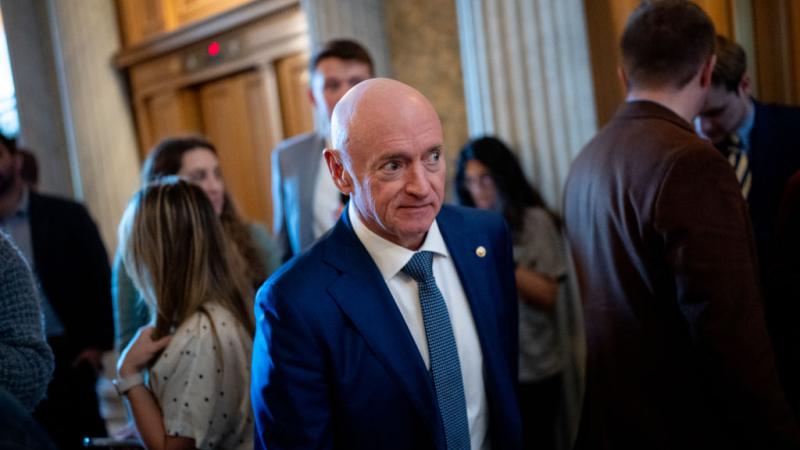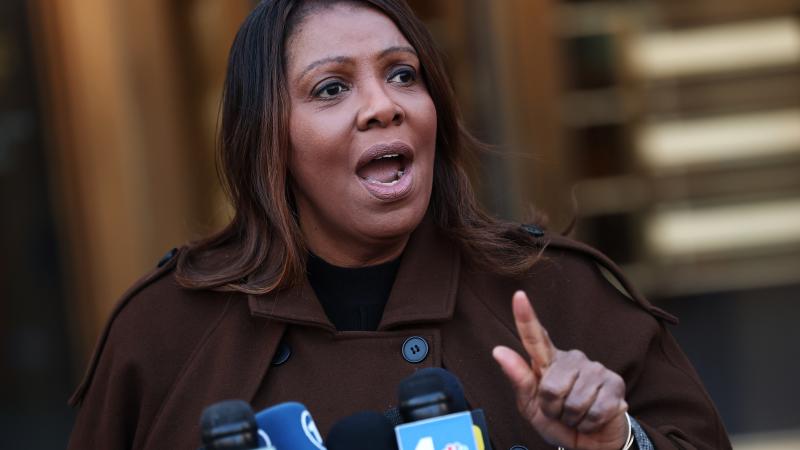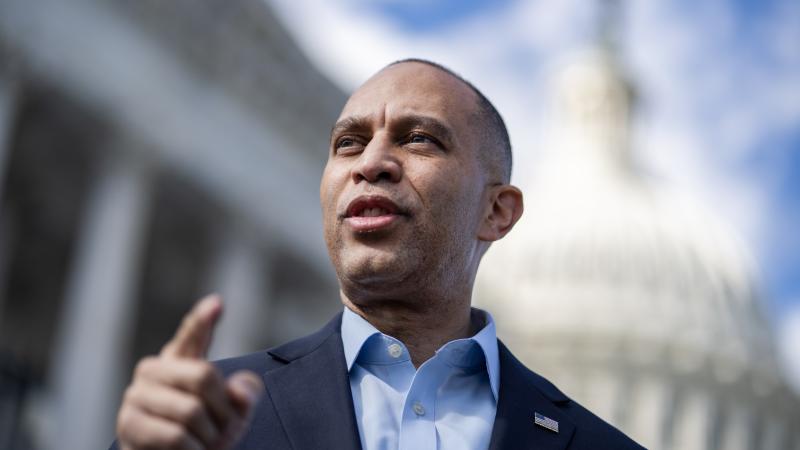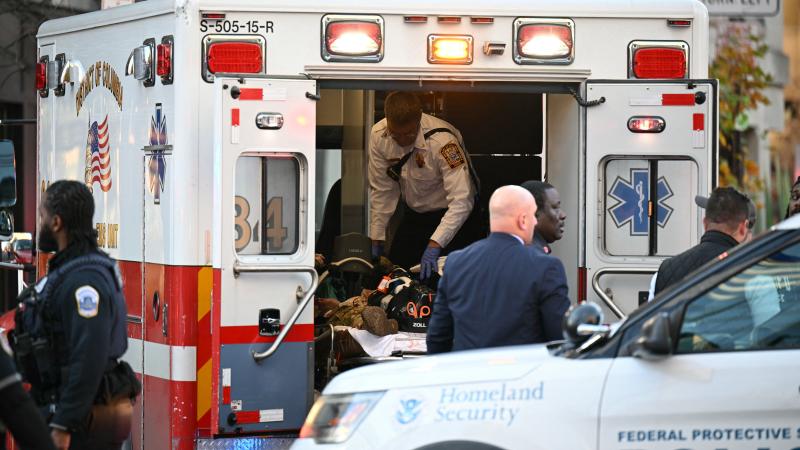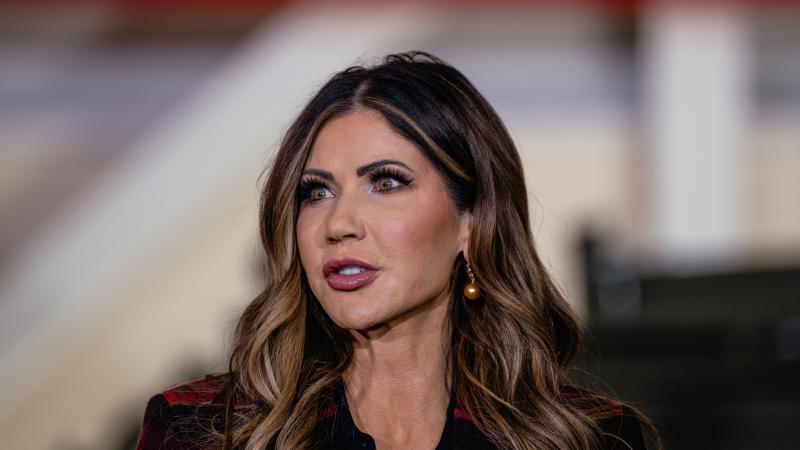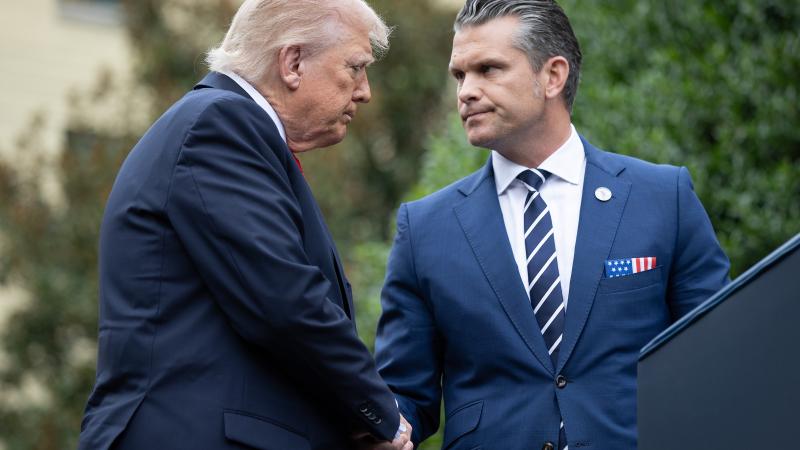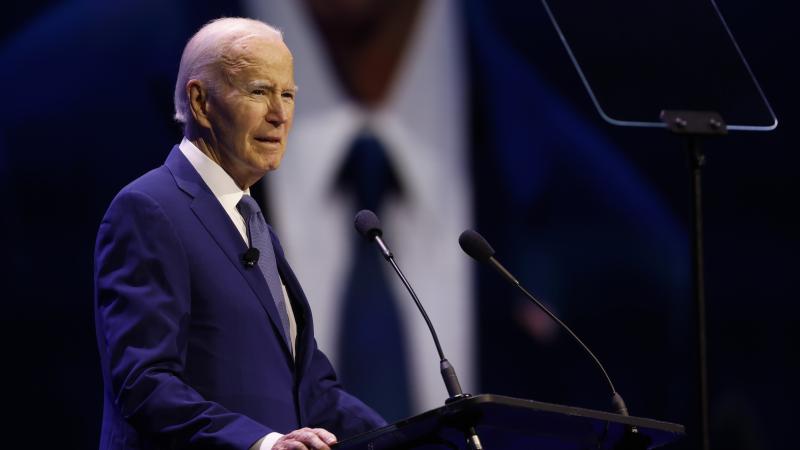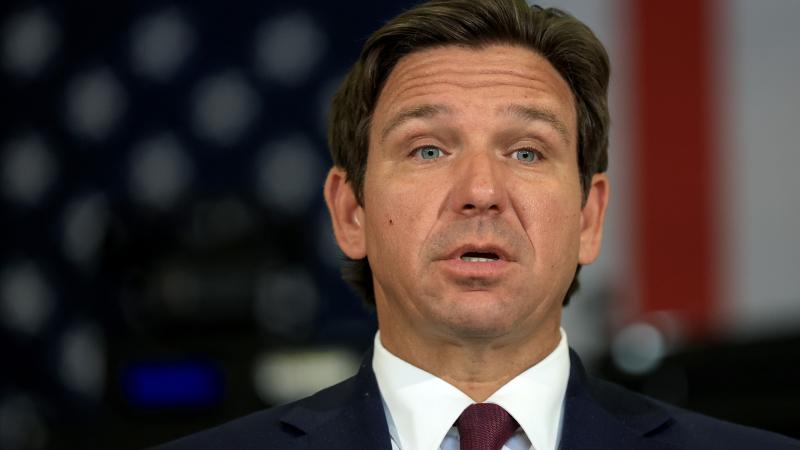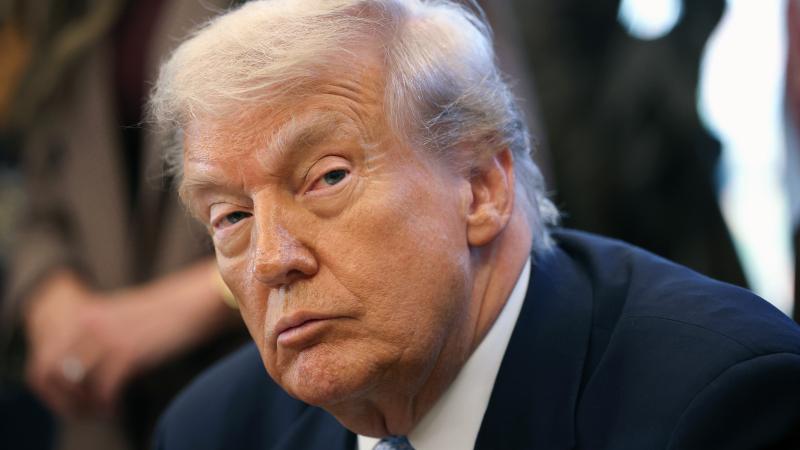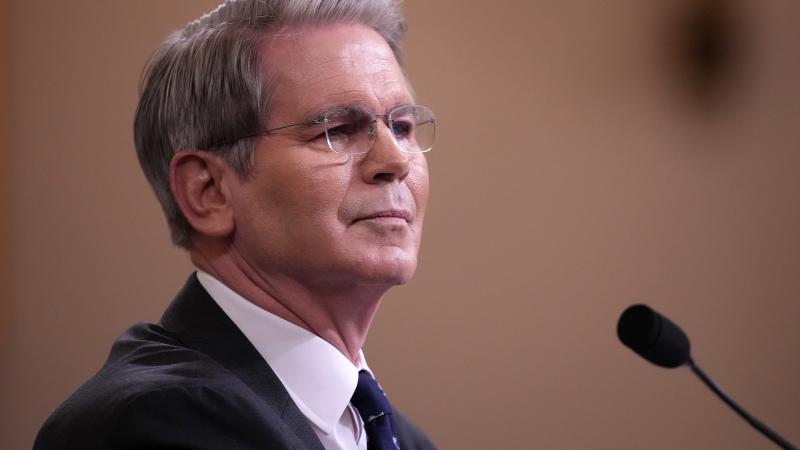Mayors on both sides of U.S.-Canada border worry about tariffs
Andrew "Drew" Dilkens, the mayor of Windsor, Ontario, said the trading relationships Windsor formed with its U.S. neighbors were built over decades.
(The Center Square) -
Mayors on both sides of the U.S.-Canada border are concerned about tariffs.
On Thursday, a panel of mayors discussed President Donald Trump's import duties during the United States Conference of Mayors, a non-partisan organization of cities with a population above 30,000.
Andrew "Drew" Dilkens, the mayor of Windsor, Ontario, said the trading relationships Windsor formed with its U.S. neighbors were built over decades.
"The U.S. buys more Canadian goods than any other country on the planet," he said. "We are inextricably linked and tied together."
Dilkens said 10,000 trucks crossing the Ambassador Bridge each day exchange about $400 million in goods between the two countries. The U.S. tariffs hit hard in Canada, especially in Windsor, an auto hub connected with Detroit for over a century.
"It's a level of uncertainty. And it affects businesses who don't want to make investments. They want to pause until they have more certainty," he said. "It affects consumers who say 'You know what? Maybe I won't buy a car. I won't spend $50,000, $60,000, $70,000 until the environment becomes a little clearer.'"
Dilkens said cities and both sides will pay the cost.
"The tariffs are bad for both sides," he said. "A trade war is going to have casualties on both sides."
Bryan Barnett, the mayor of Rochester Hills, Michigan, a Detroit suburb that's also connected to the auto industry was also frustrated.
"When this topic of tariffs came up, it was devastating because most of our community is somehow reliant on the auto industry," he said. "The real challenge has been the uncertainty."
He surveyed local businesses and found that 55% of the companies in Rochester Hills zeroed out their capital investment budgets for the year.
"That number hurts me because that's where innovation thrives," he said. "That's where communities grow."
Barnett said 30% of local businesses were considering layoffs.
In April, Trump slapped a 25% tariff on foreign automobiles and auto parts. Importers of vehicles that fall under the United States-Mexico-Canada Agreement can certify their U.S. content, and the 25% tariff will only apply to the value of non-U.S. content. The White House expects the auto tariffs to generate $100 billion in federal revenue.
Trump later issued an executive order that allowed reimbursements for U.S. producers importing car parts, which would be subject to 25% tariffs starting May 3. The maximum reimbursement will be 3.75% of the value of domestically produced cars. The cap falls to 2.5% for the second year and is phased out entirely afterward.
"They all want to come back to Michigan and build cars again. You know why? Because of our tax and tariff policy," Trump said during a rally in Michigan at the time. "We're giving them a little time before we slaughter them if they don't do this."
Trump's executive order means that automakers that pay tariffs on imported cars won't be required to pay other import duties, such as those on steel and aluminum.
Even so, vehicle prices are expected to increase as tariffs reshape the market.
Tariff costs are projected to hit $30 billion in 2026, with most being passed to customers, impacting U.S. sales, according to a report released Thursday by AlixPartners, a global consulting firm.
Even before Trump's auto tariffs, cars were too expensive for many Americans. The average price of a new vehicle in the U.S. is above $48,000, according to Cox Automotive. Real median household income was $80,610 in 2023, according to the U.S. Census Bureau. However, more than 40% of new-vehicle sales by volume in 2024 were priced below $40,000.
